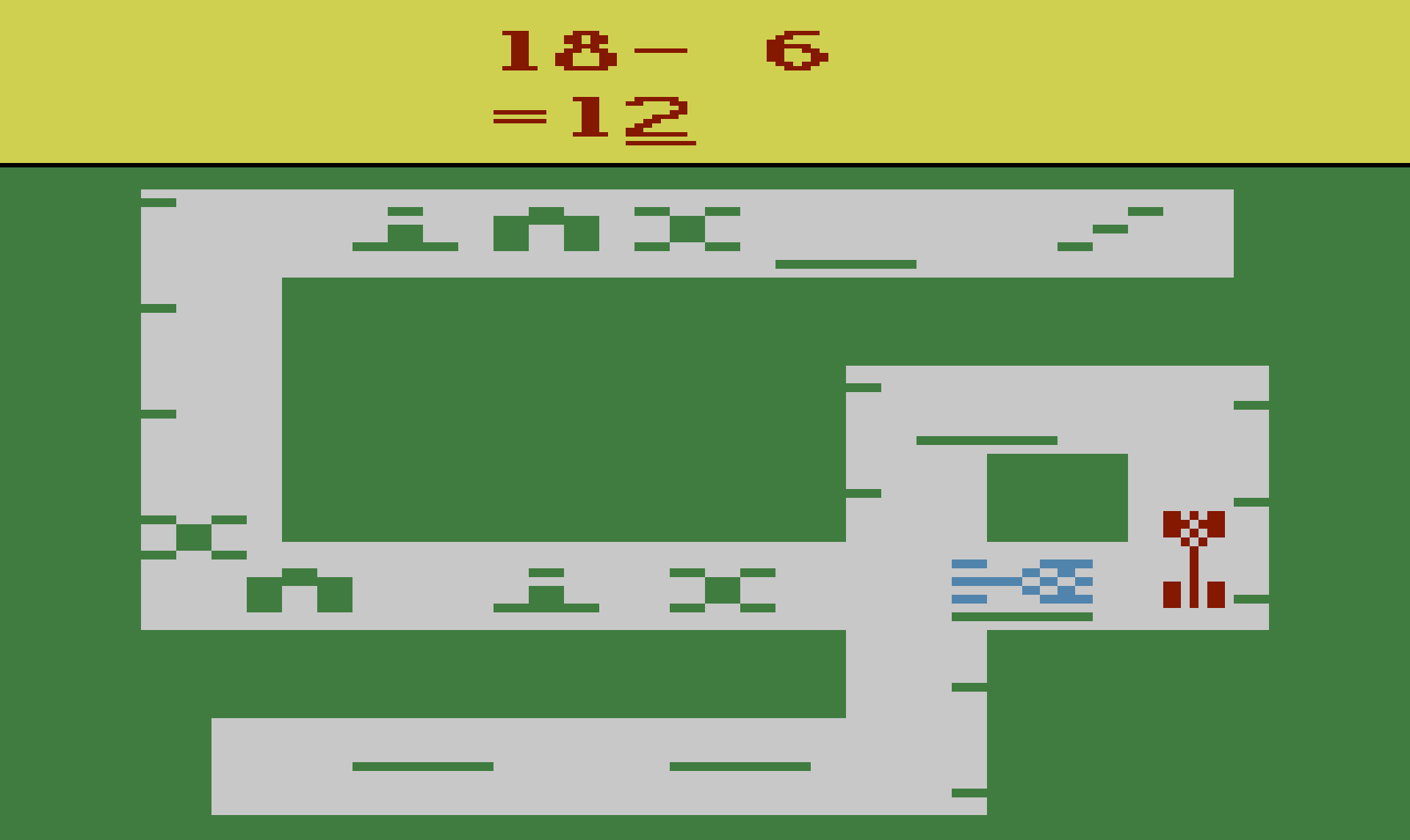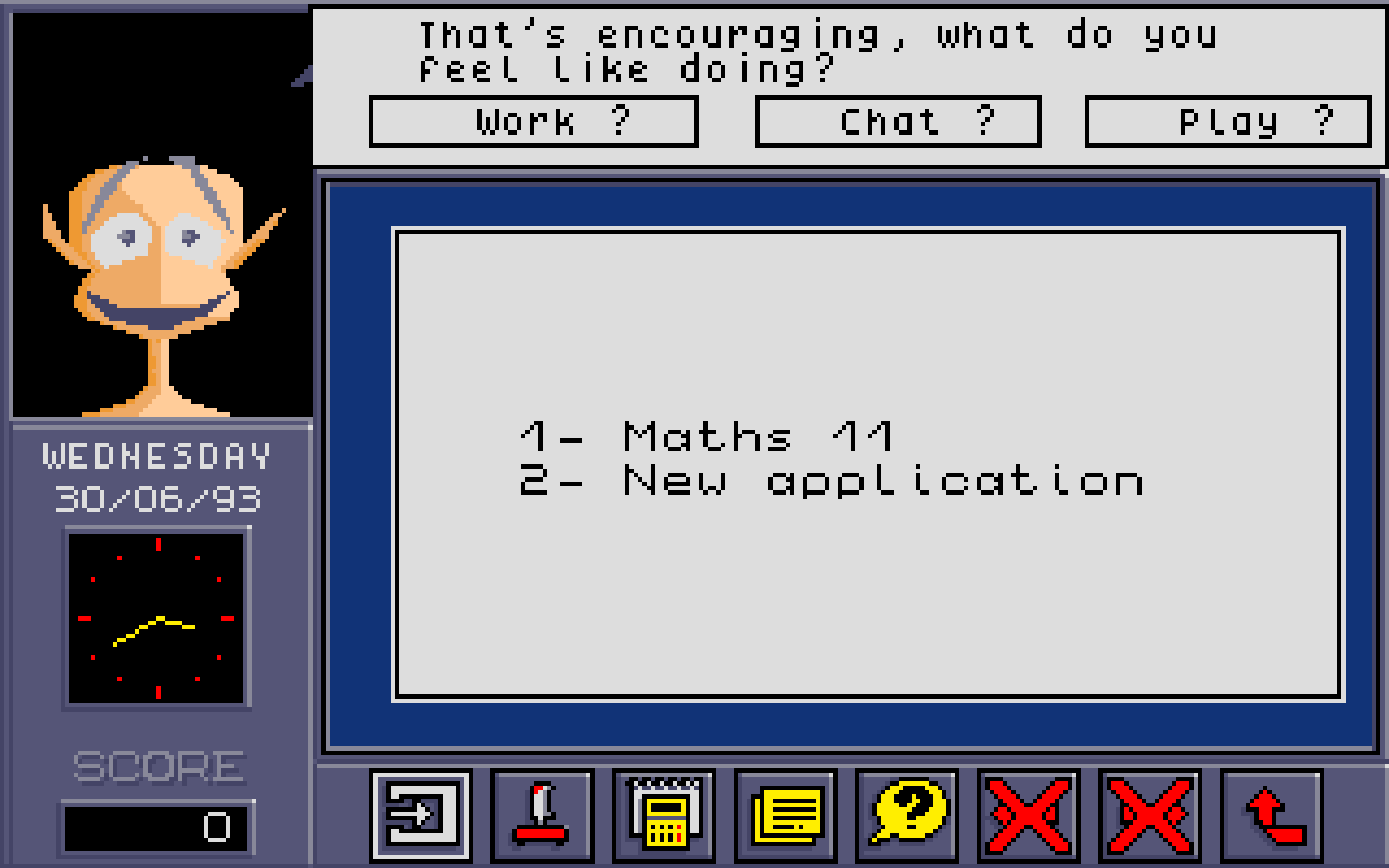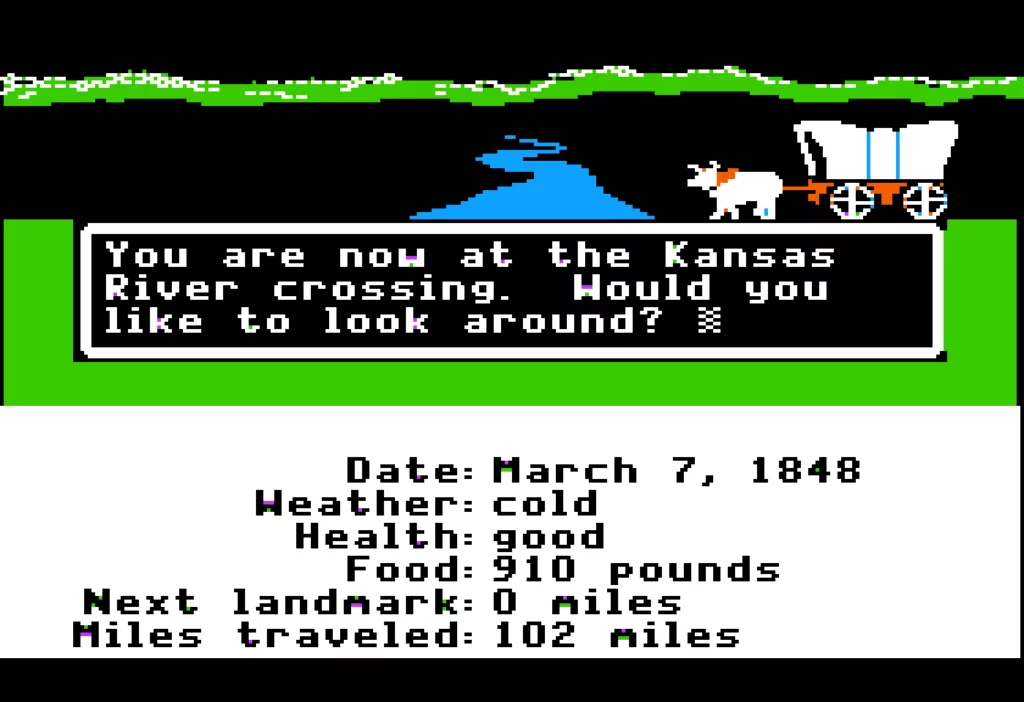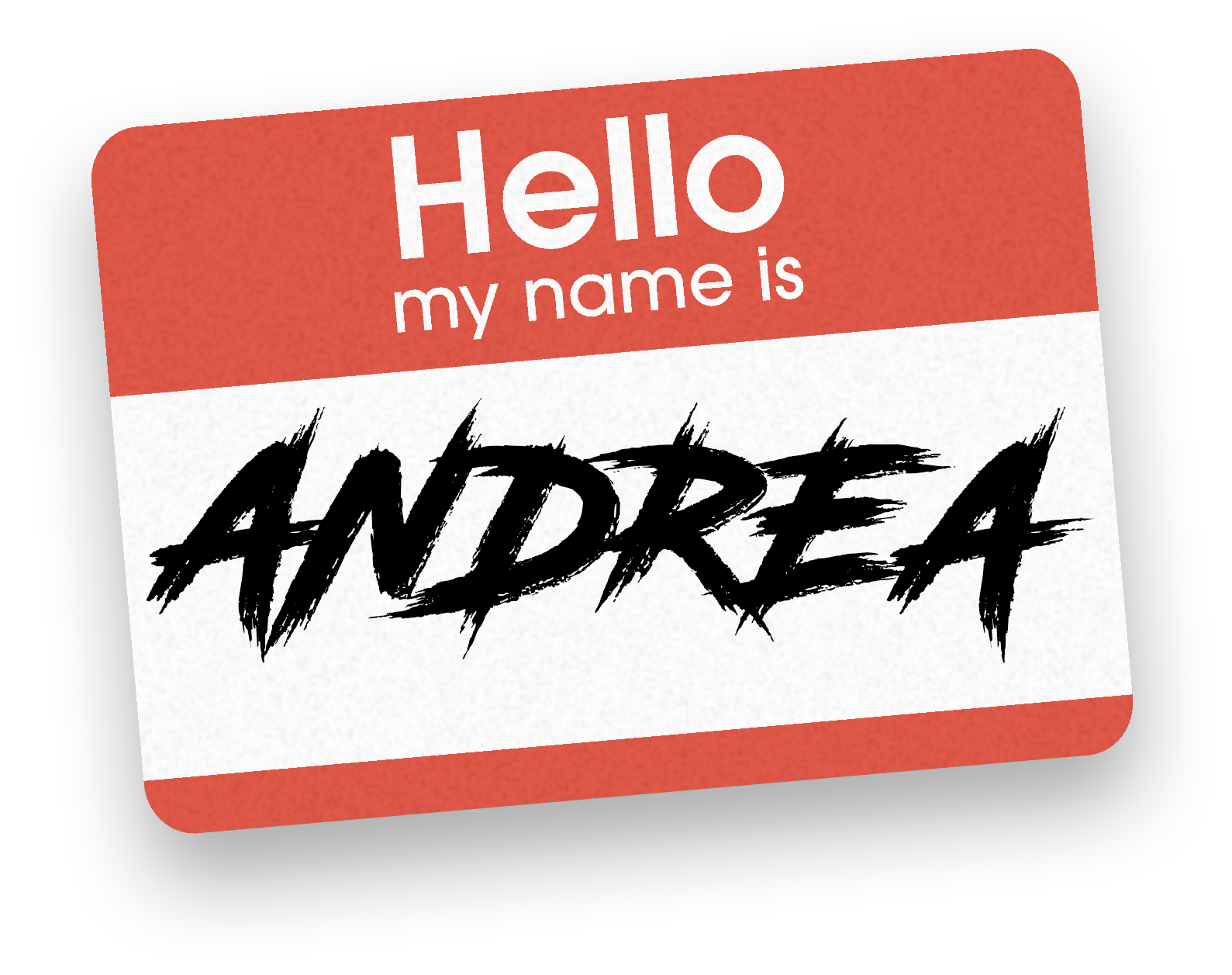Making games is hard. Making educational games is also hard. Making educational games that are actually fun to play and keep the players coming back is harder, and I’m here to make them video games – difficulty: nightmare.
Play is real-life practice in a controlled and safe environment, with plenty of opportunities for making mistakes and learning from them, exploring alternative choices and their consequences, and learning all sorts of things. Doesn’t it make sense to combine gaming and education, then? Well, everyone and their cats seem to think so, and there is an endless supply of “educational games”, be they video games, board games, card games, party games, playground games, puzzles, quizzes…! But are they good educational games? Such a small word, so much to unpack.
Setting expectations
Just what can we learn with games? Apparently, a lot, but it helps to set expectations. There are two broad categories of things one can learn: notions and skills. Notions are mostly bits of information, ideas, and concepts that one can acquire and store away to be recalled when necessary. These are the things that Sherlock Holmes loves to store in his carefully curated mind palace, for example the fact that Earth revolves around the Sun. Skills are one’s capacity to do something to any degree of proficiency, for example reading, writing, woodworking, riding motorcycles, or playing a musical instrument. Both notions and skills can be acquired with games, up to a point, though it makes intuitive sense that notions might be a bit easier to embed in a game than skills, if we compare, say, trivia with flying planes.
Notions and skills are equally important but, historically, notions-based educational games have been… let’s just say not very interesting. We’ve all played those games where progress is tied to answering mostly unrelated questions

or where the educational content is interspersed with mostly unrelated mini-games

or where you mostly die of dysentery because the game is so hard that you can only finish it in rage-mode and by the time you reach Oregon you have forgotten pretty much all the educational content that the game was trying to teach you – but at least you learned how to spell “dysentery”!

But notions do have a place in educational games. They are crucial in setting the scene, building the world, and creating a narrative foundation to drive the gameplay. Without having to explore the game’s world in painstaking detail to learn how it works, Riven would be a pretty boring game.
Skills are harder than notions to incorporate in gameplay, but their influence on the gameplay itself can be huge, both in terms of mechanics and, more importantly for learning, in terms of immersion and enjoyment, because it isn’t a secret that we learn better when we have fun than when we don’t.
What makes games fun?
Ah, the age-old question, the Holy Grail of game design, a question we’ve been pondering for decades, maybe centuries, who knows? So, being the good researcher that I am, I set out to do a very scientific survey1I also did it on Instagram and Mastodon in case you were wondering… triangulation! (No, I know this isn’t triangulation, don’t murder me please…).
#GameDesign people and #gamers, genuine question: what makes games fun to play for you? Not just videogames, any games! Please retweet!#Games #Videogames #IndieGame #IndieGameDev #Research #GameResearch pic.twitter.com/3TqtLCypLV
— Andrea Franceschini 🏴☠️ (@morpheu5) November 8, 2022
I’ll summarize the results I got so far but I’m still looking for answers so don’t be shy, leave a comment, reply to tweets and toots, everyone’s welcome!
- Exploration, surprise, finding secrets – A rich world to explore is a world well built, it feels real, living and breathing, not just an empty container to roam in. There’s nothing better than an environment that invites exploration and treasure hunting, and provides interesting and surprising rewards.
- Customization – Much on the same line, players want to feel that they are part of the game, and that the game is around them. Being able to customize the player, to choose what to wear or use, but also being able to customize some areas of the environment to call home is very important for immersion and willingness to spend time playing the game. While this is more typical for role-playing games, where players build their characters and their lairs to their hearts’ content, a certain degree of customization can be implemented in pretty much any other genre, provided it makes sense.
- Easy and concise rules – While for some games it makes sense to have hefty rulebooks, and some players might even like that, I suspect the vast majority of gamers don’t want to spend an hour reading through the rules and debate their respective interpretation of each entry before they can start playing. If a game is rule-heavy and there’s no way around that, one should make it possible to learn the rules while playing.
- Humour – This should be a no brainer, but humour is quite hard to get right and quite easy to screw up. Sometimes, a flat joke is better than no joke, but also a dad joke is way ahead of a bad joke.
The Good Ones
From the examples and list above, one might think that educational games are terrible and we’d be better off just burying the idea in the desert and forget we ever tried. This isn’t true. At all. Humanity managed to churn out a few good educational games, whether intentionally or not2I suspect mostly not but some were definitely intentional – who am I to judge?.
Sandbox games centred on problem solving, planning, and building are probably my personal favourites. Whether the game presents a defined set of goals or lets the player create their own goals, the content and mechanics that leads to achieving these are instrumental in creating a good or bad educational experience.
Minecraft is a sandbox, open world, (almost) open-ended game where you get to gather resources (planning) to build stuff (problem solving), fight monsters at night for loot, or stay in well-lit indoors for safety, and learn all sorts of notions and skills like electricity and circuits through the vanilla and educational editions, or go wild with countless community mods.
Kerbal Space Program is a space program simulator. You don’t just get to build whacky rockets and see if they fly under the very realistic orbital physics engine where you can practise real-world manoeuvres, you also need to manage the business and scientific sides of a space program, thus learning about experiments and budgeting among other stuff.
LittleBigPlanet is a series of puzzle platformers where players can build entire game levels to play by themselves, with friends, and share them online. Building levels is no joke and requires planning, critical thinking, and creativity, and by the end of a gaming session one can feel like they created their own little game by overcoming tons of challenges.
If Portal and Portal 2 weren’t already brilliant puzzle games to learn and practise spatial reasoning and problem solving in 3D space, Valve went a step ahead with their Perpetual Testing Initiative in which players can build their own test chambers. One thing is to figure out a 3D puzzle that kills you if you fail, a whole other thing is to figure out how to use the (fairly simple) portal mechanics to build challenging and fun rooms.
Critical thinking, information parsing and evaluation, and quick decision making in a fast-paced, ever-changing political and social environment? Check. Democracy (series) and Papers, Please provide all that and more, with the opportunity to explore alternative history and the consequences of actions and choices made by the player. I don’t think I need to say more.
What about the skills?
The games I just listed are only a few good examples of how to embed skills (and notions!) in gameplay so players effectively learn them as they play3And please appreciate my restraint in not mentioning any point-and-click adventure game like the Monkey Island series 😬. When I proposed this project, I proposed to work on the Critical and Computational Thinking skill set. These are often criticized as “too vague” and, to some extent, I agree. Digging out well defined, practical, and teachable and testable skills isn’t always obvious, but there are some “constituent components” that may fit the bill, in the broad areas of literacy, numeracy, and logic. I’ll talk more about these soon, once I have a clearer picture of how I can use these in games, but for now I think it’s important to just state where my motivation for working in this area comes from.
I love conspiracy theories. There, I said it. Not as a conspiracy theorist but as an external observer. I am fascinated by the mental gymnastics required to create and believe in conspiracy theories. But at the same time I am painfully aware of the risks of giving a pass to conspiratorial thinking because “what harm can it do if good ol’ Bob believes NASA faked the moon landings?” Well, let me tell you the harm it can do.
My first draft for this project was somewhat different. It was about teaching and practicing musical concepts with video games. As I was writing it, I was not entirely satisfied with it, and I realized that a good slice of misinformation related to the pandemic we were going through was being spread not by malicious actors but by people in good faith. Misinterpretation of the data, an impaired ability to detect logic flaws in arguments, and a general distrust of expertise that’s been mounting for quite a few years are all contributing factors, to different extents. And so it clicked: what if there was a way of providing people with access to learning and improving basic skills such as maths and logic reasoning, and what if this way was fun and didn’t necessarily require a huge time investment? It just so happens that the EU has tackling online disinformation as part of its digital strategy for the future, so here I am, trying to find out how I can help.

- 1
- 2I suspect mostly not but some were definitely intentional – who am I to judge?
- 3And please appreciate my restraint in not mentioning any point-and-click adventure game like the Monkey Island series 😬

Can we stop calling them “serious” games? – EduGames »
[…] toys for children. At the same time, a new type of video game began to emerge: the educational one. I’ve already talked about this and, while there have been some valiant efforts in edutainment video games, there has also been […]